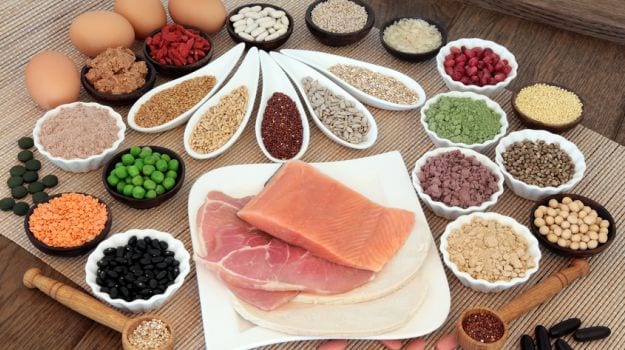Father’s Diet May Impact the Son’s Ability to Reproduce

A healthy diet is the king. It can save you from various ailments and slow down signs of ageing. The times we live in, there are all sorts of processed food products available in the market which are delicious no doubt but come loaded with chemicals and unwanted calories that adversely affect our health. It is therefore essential to choose right and eat mindfully. How you eat doesn’t only affect your health at present and in the future, but could have implications on your future offspring. Research suggests that it’s not only genetic materials that get passed on from parents to offspring, but other traits too. One’s diet plays a crucial role too. A healthy diet has various repercussions that may not be evident at the moment but it shows results in the future. So from father to son, there’s not just the passing on of genes but more.
A recent study done by Monash University in Melbourne, Australia, states that a father’s high-protein diet may increase the son’s ability to reproduce. The study which was published in the journal Biology Letters says that a father’s diet can affect the son’s ability to out-compete a rival’s sperm after mating.
The study highlighted the importance of the paternal environment on future generations, even long time before offspring were produced, said one of the lead authors of the study, Susanne Zajitschek.
(10 Delicious and Healthy Protein Snacks to Up Your Energy Levels)

The study sought to understand if the nutritional history of fathers had an effect on their sons. Experiments were carried out in the fruit fly, which shares many similar pathways and characteristics with human genes.
“Our study found that males that were raised on either high or low protein diets, but spent their adulthood on an intermediate diet, produced sons that had large differences in gene expression, which most likely contributed to the resulting differences in sperm competitiveness,” Zajitschek said.
“They differed in their ability to sire offspring, with the high-protein dads producing sons who were doing much better in sperm competition, which means their sperm was more likely to win against a competitor’s sperm within the female tract,” Zajitschek said
[“source-ndtv”]
